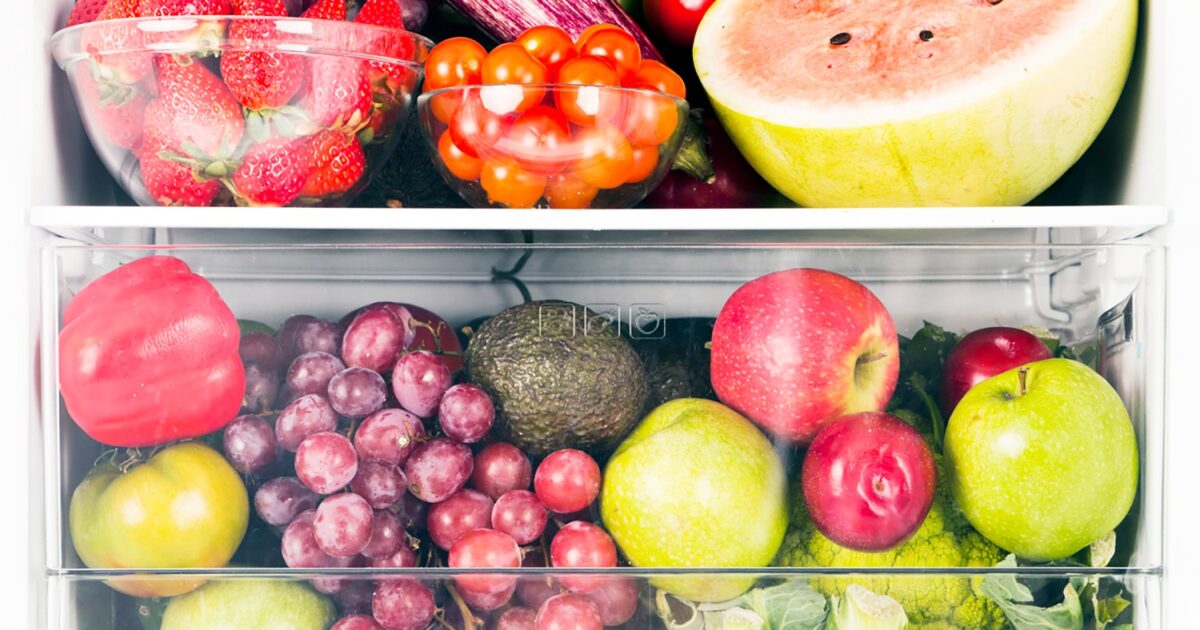After a short respite, the accuracy in food It seems to be back dynamically, awakening memories of the period 2022–2023 for Greek households.
According to Eurostat preliminary data for July 2025, the annual increase in food, alcohol and tobacco prices in Greece stood at 3.3%, from 2.4% in June and 2.8% in May, confirming the return of accuracy in the spring.
This trend is even more worrying to consider that it occurs in an environmental cost of energy costs. In particular, in July, energy prices in Greece recorded an annual increase of only 0.7%, from 2% in June, showing that the new impetus to prices for basic goods may now come from other factors in the food market, such as the cost of raw materials, logistics, import prices or even profits.
According to Eurostat official figures, the annual change in food, alcohol and tobacco prices in Greece stood at 3.3% in July, from 2.4% in June and 2.8% in May, while the year had begun with rates close to 0%.
The timing of increases characteristically shows how food inflation is back on an upward orbit:
- January: 0.0%
- February: 0.4%
- March: 2.1%
- April: 1.7%
- May: 2.8%
- June: 2.4%
- July: 3.3% (preliminary estimate)
The July climax records the highest rate for 2025, pointing out the resuscitation of precision on the supermarket shelves.
This development contradicts the image that was shaped by the end of 2024, when for the first time in 3.5 years inflation in food had gone into negative territory: In December 2024, the change was -0.2%, temporarily bringing a subtle “breath” for consumers. In the same year, average food inflation was reduced to around 3.9%, clearly lower than the double -digit percentages of previous years.
In 2022 and 2023, because of the crisis in Ukraine, they constituted the peak period of accuracy in the diet. The maximum rate of annual increase in food prices was recorded in July 2023 with 15.1%, while in May 2022 it had reached 13.2%. The prices of fresh foods and essential essentials, such as meat, dairy and oils, were the main responsible for this unprecedented pressure on family budgets.
“Champion” Greece In Housing Cost Increases
The new exacerbation is causing reasonable concerns about the life of life in the coming months, especially if the restoration of food rise proves persistent and wider.
It should be noted here that in stark contrast to the tendency to decline in prices in Europe, Greece in June had recorded the highest increase in roof costs in the EU. According to Eurostat data for June 2025, housing -related housing prices, electricity, water and other services increased by 9.2%.
It is almost five times the European average, which was limited to 2.7%, and multiple growth in the eurozone (1.9%). This performance makes Greece a champion of accuracy in the category of basic operating costs of a household, in front of Poland (8.2%), while countries such as Portugal (2.1%), France (-0.3%) or Slovenia (-2%) move to clearly milder or downside.
A similar picture is observed in the clothing class, with Greece recording the second highest inflation in the EU (4.9%), behind only Romania (5.1%). At European level, the average change is below 2%, while in several countries, such as France, Germany or Spain, prices in clothing are either increasing milder, they are almost unchanged or negative.
Indicatively, Italy records only +2.4%, Germany +0.9%, and France -0.3%.
Accuracy in clothing, as well as food and housing, thus constitutes a pressure triangle for Greek households, which shrinks their purchasing power in a much more violent way compared to the rest of Europe.
